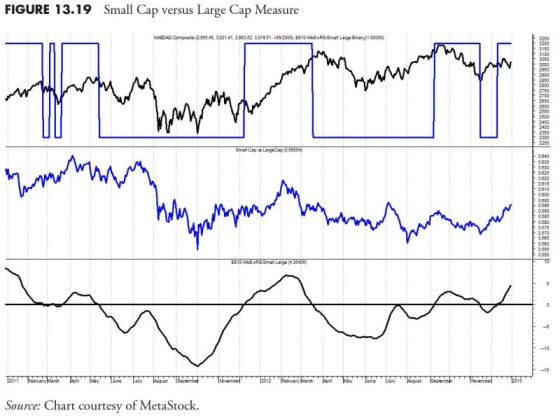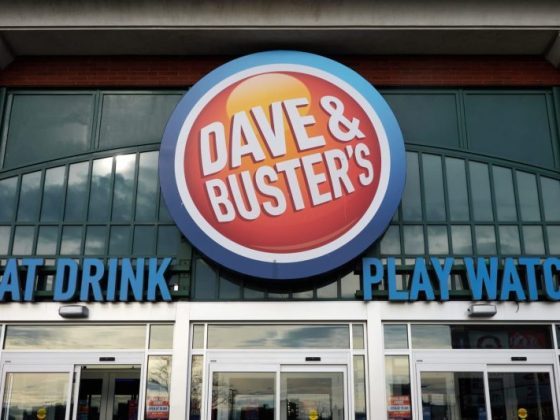Johnson & Johnson, a multinational corporation known for its health care products, has pledged approximately $6.5 billion to settle almost all talc-related ovarian cancer lawsuits in the United States. This significant lawsuit settlement places a new marker in the ongoing legal saga involving one of the world’s most prominent corporations and its iconic baby powder.
The world-renowned pharmaceutical giant has been facing innumerable legal battles over allegations that its talc-based powders contain asbestos, which is a known carcinogen. The lawsuits allege that regular use of Johnson & Johnson’s talc powders has led to ovarian cancer in women. The high profile nature of the company, combined with the severity of the allegations, has brought heightened media attention and consumer scrutiny to the unfolding situation.
For years, Johnson & Johnson insisted on the safety and purity of its talc-based products, all while continuously fighting off damning lawsuits. As a result, this $6.5 billion settlement is a substantial advancement in the resolution of the multitude of legal issues J&J is currently navigating.
A significant aspect of this settlement is the sheer number of legal cases it covers. Approximately 36,000 lawsuits have been piled up against the giant health care company, generating a smoldering legal battleground. The new settlement is intended to resolve nearly 99% of the lawsuits, signifying a turning point in the company’s long-standing struggle with these litigations.
It’s essential to understand that the settlement doesn’t imply an admission of guilt or wrongdoing by the company. Instead, it primarily serves as an effort to find a resolution to the legal disputes and move forward without this overhanging concern. Still, the overall impact on Johnson & Johnson’s reputation and consumer trust is likely to be tremendous.
However, this isn’t the end of all ongoing talc-related challenges for the corporation. While this settlement will significantly diminish the number of lawsuits, some yet remain outside its circumference. This includes cases that link Johnson & Johnson’s talc products to mesothelioma, a rare, aggressive form of cancer most commonly related to asbestos exposure.
It’s worth noting that Johnson & Johnson’s decision to settle these cases follows shortly after the corporation announced its business split plan late last year. The company’s intention to separate its consumer health division, containing the baby powder and other talc-products, from its core pharmaceutical and medical device businesses might indicate a strategic shift in how the company deals with its ongoing legal and reputational issues.
Though the settlement is a considerable stride towards the resolution of these ongoing legal battles, it also brings into focus the need for more rigorous quality control measures in consumer health products. Furthermore, it raises pressing concerns over transparency in the industries that produce and market these products.
In summary, while the $6.5 billion settlement won’t bring Johnson & Johnson’s legal woes to a definitive end, it’s potentially a significant step towards dispute resolution. Meanwhile, the impact on consumers, shareholders, and the broader market remains to be seen in the coming days. The long-term reputation and consumer confidence in Johnson & Johnson, once seen as infallible, may be significantly affected depending on both the final resolution of these legal battles and the corporation’s transparency going forward. As observers wait to see the final outcomes, this scenario serves as a stern lesson to other corporations in the industry on the importance of product safety and transparency.











